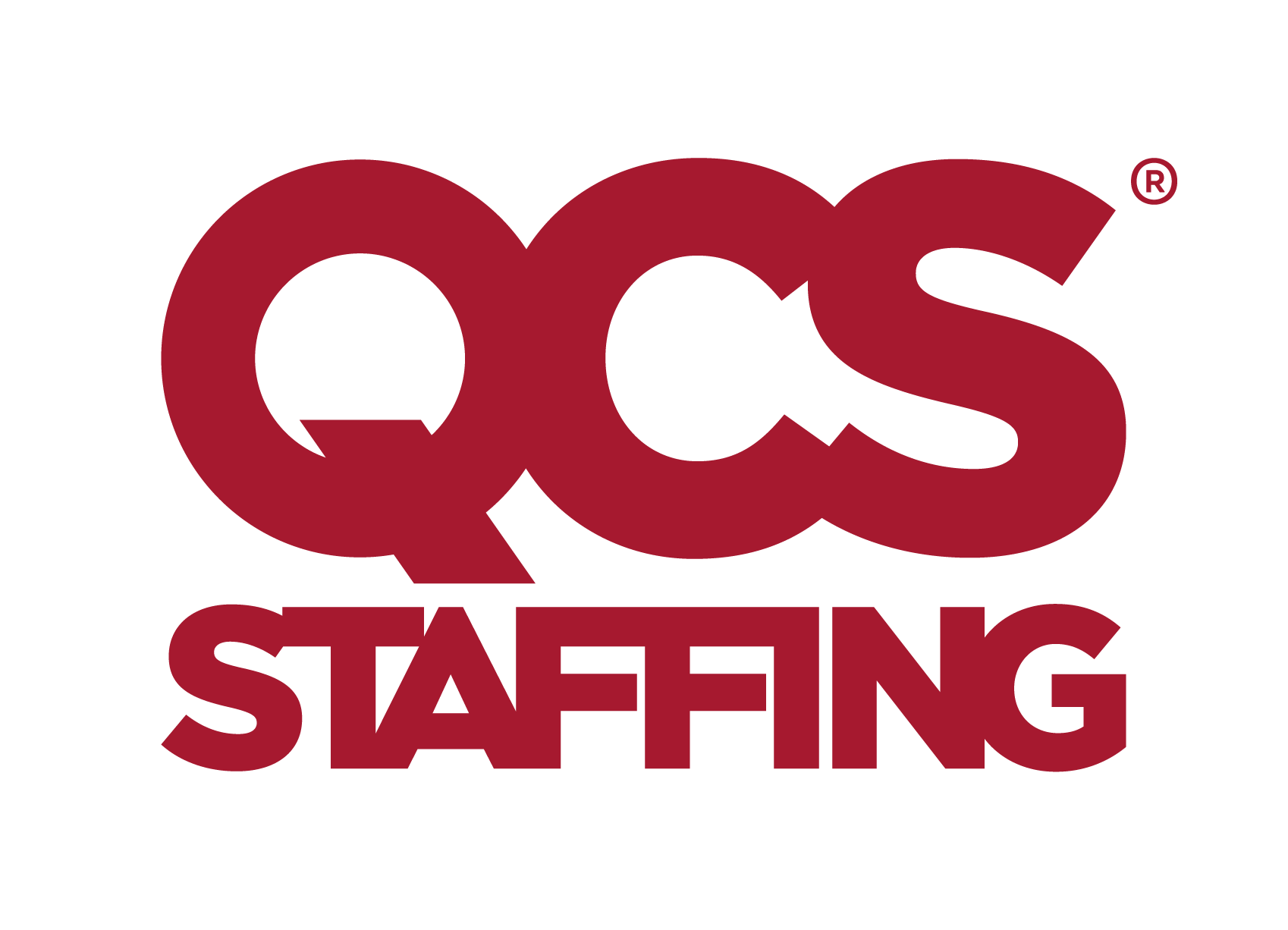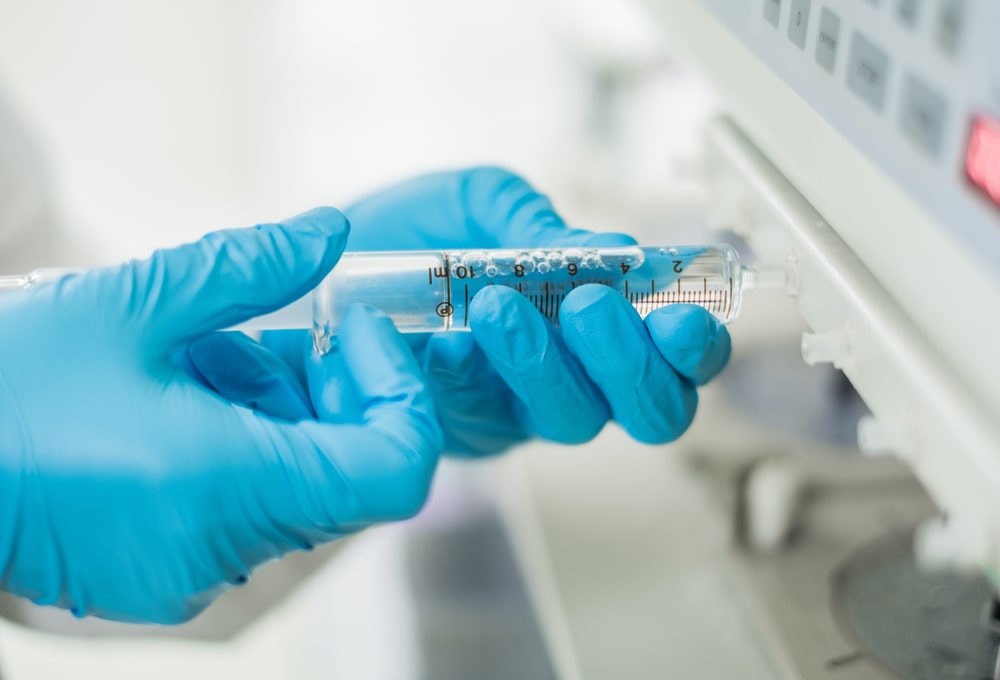Quality Control vs Quality Assurance in a Pharmaceutical Setting
Quality control and quality assurance are often used interchangeably in pharmaceutical settings. This is because they both refer to different aspects of quality management and meeting customers' high expectations and demands. Quality control jobs and quality assurance jobs are all about ensuring the medication has been manufactured correctly, is safe to use, and has its desired effect. Without these two quality management functions, a pharmaceutical organisation would struggle to achieve consistency in its output. Quality control and quality assurance are highly important and contribute to productivity and the overall success of an organisation’s products. Below, we take a closer look at quality control and quality assurance.
What is Quality Assurance (QA)
Quality Assurance (QA) is a systematic approach aimed at ensuring the quality of a product or service throughout its lifecycle. This involves starting with well-defined and documented development processes, providing a foundation for consistent, high-quality outcomes.
QA establishes standards and guidelines, serving as benchmarks for expected quality levels and ensuring a common goal for the team. Periodic audits are conducted for improvement and adherence to standards, contributing to an ongoing culture of process enhancement.
Emphasising training, QA invests in workforce skill development, ensuring a competent team capable of executing processes precisely. Additionally, QA focuses on defect prevention, aiming to reduce errors in the final product by identifying and mitigating potential risks early in the process.
What is Quality Control (QC)
Quality Control (QC) encompasses activities and techniques designed to inspect and test the final product for adherence to specified quality standards. It involves thoroughly examining and testing against predetermined criteria to identify and correct deviations from quality standards.
Statistical sampling techniques, such as random sampling, are employed for reliable assessments without inspecting every unit, promoting efficiency. Immediate corrective actions are taken during QC to rectify defects, and the process may involve multiple iterations for continuous quality improvement.
QC includes detailed documentation of inspection results for record-keeping, serving as a feedback loop for future process enhancements. Furthermore, QC ensures adherence to established standards and is crucial for meeting customer expectations, contributing to overall customer satisfaction.
What is the Difference Between QC and QA?
The key difference between quality control and quality assurance lies in the purpose and objectives of the two functions. They’re both crucial to the production and release of different medical products. Quality control in the pharmaceutical industry aims to verify and test the medicine at various stages of production to ensure every product is of the highest quality. Quality control jobs also involves identifying product defects and fixing these problems with corrective techniques and measures. Inspecting and approving products to ensure they meet the required customer and regulatory standards. Quality control is an important part of quality management in a pharmaceutical setting. On the other hand, quality assurance is the process of making sure quality requirements have been fulfilled. Quality assurance jobs aims to prevent mistakes and defects and manage quality through defining processes, establishing standards and developing guidelines for better quality management. So, quality assurance is focused on the process, while quality control revolves around the product.
Team vs Individual
There’s also a contrast between how quality control is carried out compared to quality assurance. Quality control is often the responsibility of certain individuals in a pharmaceutical jobs organisation.
These duties would be carried out by quality control specialists, who undertake product testing and process validation. These professionals will be specialists in troubleshooting medical product errors and ensuring they comply with legal standards.
On the other hand, quality assurance involves an entire team, with each member responsible for QA activities such as documentation, planning, project auditing and other quality assessment forms. There’s also the quality management system normally overseen by the leadership team.
How to Thrive in a Pharmaceutical Setting
Whether you work in quality control or quality assurance, you’ll still need to understand clearly how to succeed in a pharmaceutical setting. Firstly, make the most of any training and development opportunities that come your way.
Many pharmaceutical companies offer their employees robust training and personal development programmes to ensure they keep learning and remain engaged in their work.
Also, make sure you’re continuously showing your value. As a QC or QA professional, you should be overcommunicating about projects and accomplishments. For example, if there are any medical products you have successfully fixed, share the results with your manager and wider team.
What is the Future of Quality Control and Quality Assurance?
The future of quality control and quality assurance in pharmaceuticals will likely be dominated by artificial intelligence, automation and digitisation. According to research by McKinsey, pharmaceutical and MedTech companies have made several developments to improve quality assurance with new digital technologies and analytical tools.
This means quality control specialists and quality assurance teams must adapt to new software and functionalities as the pharmaceutical industry becomes increasingly digital. There will always be a need for quality management, but it will likely be a much more streamlined process in the future.
Are you looking for a new role in a Pharmaceutical Setting?
There’s a wide range of roles in the pharmaceutical industry. If you want to move your career forward in pharmaceuticals, whether in quality control or quality assurance, QCS Staffing is here to help! Since 1992, our team has been providing quality recruitment solutions.
We’re determined to help place our candidates in the best roles. We take the time to understand the needs of clients and candidates so they always receive the best possible service.
Browse our compliance and quality job vacancies, or contact our team for more information.
Frequently Asked Questions
Which comes first, QA or QC?
Quality assurance (QA) comes before quality control (QC) in the production sequence. QA sets the standards and processes to prevent defects, while QC involves checking the final output to ensure it meets those established standards.
What is the difference between QA and QE?
Quality assurance (QA) and quality engineering (QE) share the goal of ensuring product quality, but they differ in focus.
QA is a broader process encompassing policies and procedures, while QE involves using engineering principles to optimise and enhance the quality of the product development process.
What is the difference between quality assurance and process control?
Quality assurance (QA) is a broader concept that ensures product quality, encompassing policies, standards, and procedures. Process control is a specific aspect of QA, focusing on monitoring and controlling the production process to maintain consistency and prevent defects in the final product.







